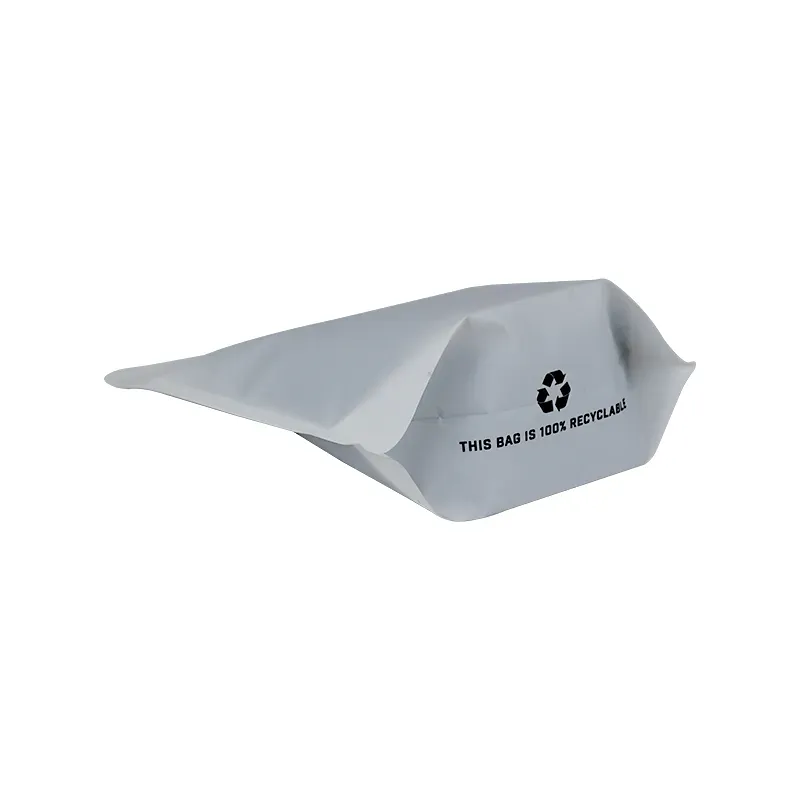- Afrikaans
- Albanian
- Amharic
- Arabic
- Armenian
- Azerbaijani
- Basque
- Belarusian
- Bengali
- Bosnian
- Bulgarian
- Catalan
- Cebuano
- chinese_simplified
- chinese_traditional
- Corsican
- Croatian
- Czech
- Danish
- Dutch
- English
- Esperanto
- Estonian
- Finnish
- French
- Frisian
- Galician
- Georgian
- German
- Greek
- Gujarati
- haitian_creole
- hausa
- hawaiian
- Hebrew
- Hindi
- Miao
- Hungarian
- Icelandic
- igbo
- Indonesian
- irish
- Italian
- Japanese
- Javanese
- Kannada
- kazakh
- Khmer
- Rwandese
- Korean
- Kurdish
- Kyrgyz
- Lao
- Latin
- Latvian
- Lithuanian
- Luxembourgish
- Macedonian
- Malgashi
- Malay
- Malayalam
- Maltese
- Maori
- Marathi
- Mongolian
- Myanmar
- Nepali
- Norwegian
- Norwegian
- Occitan
- Pashto
- Persian
- Polish
- Portuguese
- Punjabi
- Romanian
- Russian
- Samoan
- scottish-gaelic
- Serbian
- Sesotho
- Shona
- Sindhi
- Sinhala
- Slovak
- Slovenian
- Somali
- Spanish
- Sundanese
- Swahili
- Swedish
- Tagalog
- Tajik
- Tamil
- Tatar
- Telugu
- Thai
- Turkish
- Turkmen
- Ukrainian
- Urdu
- Uighur
- Uzbek
- Vietnamese
- Welsh
- Bantu
- Yiddish
- Yoruba
- Zulu
Exploring the Rise of Sustainable Secondhand Markets and Their Impact on Consumer Behavior
The Rise of Recommerce A Sustainable Shift in Consumer Culture
In recent years, the term recommerce has gained significant traction, reflecting a transformative shift in consumer behavior and shopping habits. Recommerce, short for resale commerce, refers to the process of purchasing previously owned products, which are then resold to new consumers. This phenomenon is reshaping the retail landscape, promoting sustainability, and providing both economic and environmental benefits.
At its core, recommerce is driven by the growing awareness of environmental issues and the desire for sustainable consumption. As consumers become increasingly concerned about the environmental impact of fast fashion, electronic waste, and disposable goods, they are seeking alternatives that align with their values. This has given rise to a thriving market for second-hand goods, where items are given a second life and reduce the demand for new production.
One of the key players in the recommerce movement is the fashion industry. Platforms such as Poshmark, ThredUp, and Depop have revolutionized the way people buy and sell clothing. These digital marketplaces allow individuals to declutter their wardrobes while providing budget-conscious shoppers access to affordable, high-quality apparel. In many cases, consumers find unique and vintage pieces that express their personal style, further highlighting the appeal of second-hand shopping.
The impact of recommerce extends beyond fashion
. The electronics sector has also embraced this trend with the emergence of platforms like Gazelle and Decluttr, which specialize in buying and reselling refurbished devices. This not only minimizes electronic waste but also helps consumers save money on high-quality gadgets. Additionally, the resale of furniture through apps such as Chairish and Facebook Marketplace demonstrates that recommerce is penetrating various facets of our lives, encouraging a more circular economy.recommerce

From an economic perspective, the recommerce market is booming. According to market research, the global second-hand market is projected to reach $64 billion by 2024, nearly double its current value. This growth is attracting the attention of major retailers, many of whom are now incorporating resale programs into their business models. For example, brands such as Patagonia and REI have begun offering platforms for consumers to return used products, which can be resold or recycled. This not only fosters brand loyalty but also positions these companies as leaders in sustainability.
However, the benefits of recommerce transcend financial gains. By participating in the resale market, consumers contribute to reducing waste and conserving resources. The fashion industry, in particular, is notorious for its contribution to pollution and waste. By extending the lifecycle of clothing and other products, recommerce mitigates these negative effects and promotes a more sustainable approach to consumption. It encourages consumers to make mindful purchasing decisions, ultimately shifting the narrative around consumerism from a linear model to a circular one.
Despite its many advantages, the recommerce movement is not without challenges. Issues such as product authenticity, quality control, and the lack of regulation can deter some consumers from participating. However, as technology improves and platforms refine their processes, these concerns are becoming increasingly manageable. Additionally, educational initiatives aimed at raising awareness about the benefits of purchasing second-hand can further bolster the growth of this market.
In conclusion, recommerce stands as a promising solution to some of the pressing issues facing our environment and economy today. By embracing the resale of goods, consumers not only save money but also contribute to a more sustainable future. The rise of recommerce signifies a shift towards conscientious consumerism, challenging the status quo of “buy new” and urging us to appreciate the value of items that have already served a purpose. As the movement continues to grow, it is essential that we support and engage with this transformative trend, fostering a more sustainable and equitable marketplace for all.













